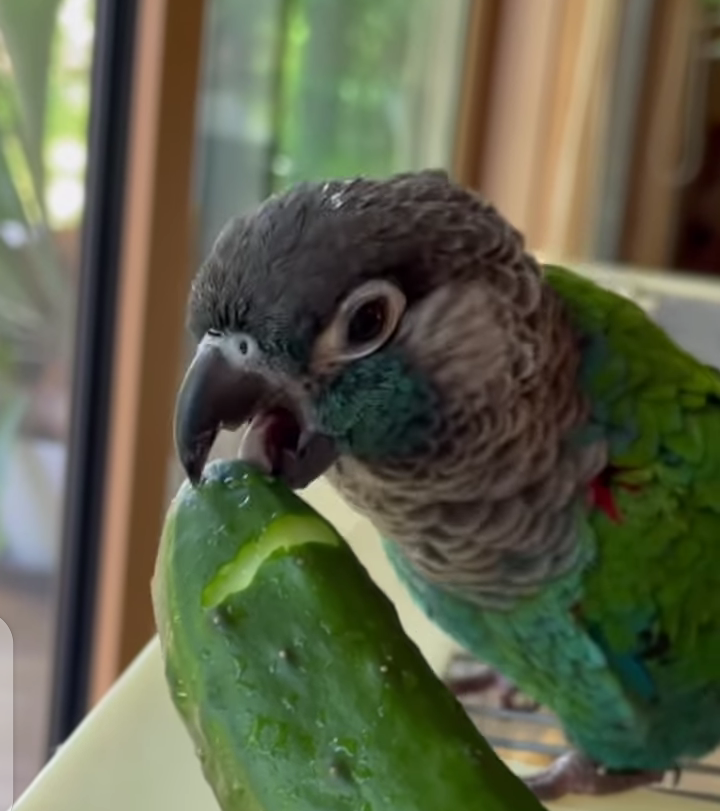
Cat Care During Gestation
Cats are pregnant for about 63-65 days, roughly two months. Providing them with special care is essential to ensure a healthy pregnancy and delivery. Here are some tips on how to take care of your pregnant cat:
1. Take your cat to the vet for a checkup.
When you realize your cat is pregnant, take her to the vet for a checkup. The vet can confirm the pregnancy and advise you on how to care for your cat during this time. They will also likely recommend a vaccination schedule and deworming treatment.
2. Feed your cat a high-quality diet.
Pregnant cats need more calories and nutrients than usual. Switch your cat to a high-quality, high-calorie diet specifically formulated for pregnant and lactating cats. You can also feed her smaller, more frequent meals to help her keep her weight up.
3. Provide your cat with a comfortable place to nest.
As your cat’s due date approaches, she will start to look for a place to nest. This is an instinct, and providing her with a comfortable and safe place to give birth is essential. You can create a nesting box by lining a large cardboard box with soft towels or blankets. Place the container in a quiet, private area of your home.
4. Monitor your cat’s health.
It is essential to monitor your cat’s health closely during pregnancy. Look for any changes in her behavior, appetite, or weight. If you notice anything unusual, contact your vet immediately.
5. Be prepared for labor and delivery.
Labor and delivery can be stressful for you and your cat. It is essential to be prepared so that you can support her through the process. Here are some things to keep in mind:
- Signs of labor: Signs of work in cats include restlessness, nesting behavior, loss of appetite, and vomiting. If you notice any of these signs, contact your vet immediately.
- What to expect during labor: Cats’ struggle usually lasts several hours. During this time, your cat will strain to push out the kittens. You may need to help her by gently massaging her abdomen.
- After delivery: Once your cat has given birth, she must clean herself and her kittens. She will then start to nurse them. It is important to monitor her and the kittens closely during this time.
Here are some additional tips for caring for your pregnant cat:
- Make sure your cat has access to plenty of fresh water.
- Avoid over-handling your cat. She may become more irritable during pregnancy.
- Keep your cat away from other cats and animals that may be sick.
- Reduce stress in your cat’s environment. This may mean changing your routine or providing her with more hiding places.
Please get in touch with your vet if you have any concerns about your cat’s pregnancy or health.
Common health problems during pregnancy
A few common health problems can occur during pregnancy in cats. These include:
- Toxoplasmosis: Toxoplasmosis is a parasitic infection that can be transmitted to cats from contaminated soil, water, or meat. Pregnant cats are especially susceptible to toxoplasmosis, which can cause serious health problems for the kittens. To prevent toxoplasmosis, avoid feeding your cat raw meat and clean her litter box.
- Mastitis: Mastitis is an inflammation of the mammary glands that can occur in nursing cats. It can be caused by a bacterial infection or by trauma to the nipples. Mastitis can cause pain and swelling in the mammary glands, making it difficult for the kittens to nurse. If you suspect that your cat has mastitis, contact your vet immediately.
- Preeclampsia: Preeclampsia is a pregnancy complication that can cause high blood pressure and other health problems for the mother and kittens. Preeclampsia is more common in older cats and cats with multiple litters. If you suspect that your cat has preeclampsia, contact your vet immediately.
Labor and delivery
Labor and delivery in cats usually lasts for several hours. During this time, your cat will strain to push out the kittens. You may need to help her by gently massaging her abdomen. Once your cat has given birth, she must clean herself and her kittens. She will then start to nurse them. It is important to monitor her and the kittens closely during this time.
Here are some signs that your cat’s labor is about to begin:
- Nesting behavior: In the days leading up to labor, your cat may exhibit nesting behavior. This may involve carrying around blankets or other soft items to her chosen birthing spot. She may also scratch the ground or bedding in this area.
- Temperature change: Your cat’s average body temperature is between 100 and 102.5 degrees Fahrenheit. In the 24 hours before labor, her temperature will drop to around 99 degrees Fahrenheit.
- Restlessness and vocalization: Your cat may become restless and vocal in the hours leading up to labor. She may pace around, meow loudly, or even cry out.
- Loss of appetite: It’s common for cats to lose their needs in the 24 hours before labor.
- Vaginal discharge: You may notice a clear or slightly blood-tinged vaginal discharge in the hours leading up to labor.
- Visible contractions: As labor progresses, you may be able to see your cat’s abdominal muscles contracting.
What to do when your cat goes into labor
Once you’re sure your cat is in labor, the best thing you can do is provide her with a quiet and comfortable place to give birth. Her nesting box should be in a warm, draft-free area, and you should provide her with fresh water and food.
It’s essential to be patient and supportive during labor. Your cat may need time to adjust and find a comfortable position. If she seems distressed, you can try petting her or talking to her in a soothing voice.
When to call the vet
Most cats will give birth without problems, but knowing when to call the vet is essential. If you notice any of the following signs, please get in touch with your veterinarian immediately:
- Labor lasts for more than 24 hours without producing a kitten.
- Your cat is straining excessively but not having a kitten.
- There is a foul-smelling vaginal discharge.
- Your cat shows signs of distress, such as panting, crying out, lying on her side, and refusing to move.
- More than two hours pass between kittens being born.
Conclusion
Knowing the signs that your cat’s labor is about to begin, you can be better prepared to support her during this time. If you have any concerns, please don’t hesitate to contact your veterinarian.


